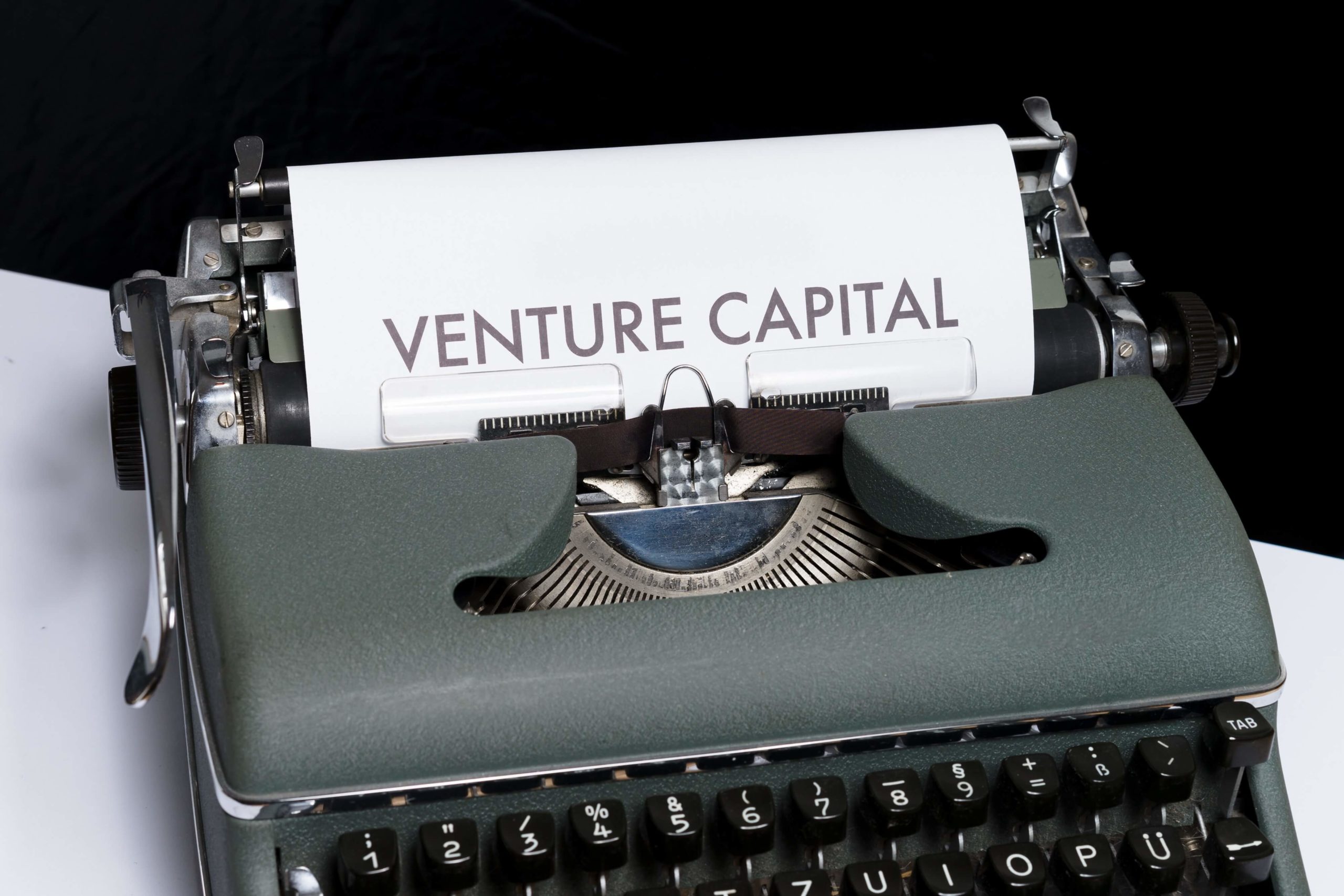“Danone and the impatience of shareholders” (Bokkerink & Couwenbergh, 2021);
“Ex top manager Blackrock: sustainable investing is useless” (Slegers, 2021);
“Climate-conscious venture capitalists are back” (The Economist, 2020).
As headlines around socially responsible investing crush our social media and our doormat, as investment funds such as VCs poor more and more money into it each year, new regulations seem to follow practically every month. You would think that these new regulations provide a clear and manageable framework for VCs to work with, comply and, more importantly, engage in this new investment strategy. Oddly enough, it really is all guesswork. Twelve interviews with different Venture Capitals active worldwide have revealed the following obstacles:
It starts with the name. Although policy makers and academia use the term “socially responsible investing”, VCs refer to it as “impact investing”. The term had already suffered change in the late twentieth century where one would refer to it as ethical investments. However, the latter was changed into socially responsible investing because people found it uncomfortable using the term “ethical” when talking about investments (Sparkes & Cowton, 2004).

There is a clear unalignment around the concept. Soppe (2009) defines socially responsible investment as “multi- attribute approach to finance the company in such a way that all of the company’s financial, social, and environmental elements are interrelated and integrated.” However, each practitioner that was interviewed seemed to have their own interpretation of this investment strategy. For some, impact investment is done by having a diverse board or organization, some consider the corporate governance of essence, and some find it most important to take into account the investment’s emissions. Although each aspect is doing “good” and each could fall under the definition of socially responsible investing, it seems as if anything could fall under it as long as it doesn’t involve supporting the next oil spill. Click To Tweet
The measurement of the impact is arbitrary. Ideally, just as with financial reporting, there should be a GAAP (general accredited accounting principles) language for impact investment measurement, yet the absence of such a framework limits the reporting of companies and hence the transparency and accountability in the VC sector.
The type of VC determines the focus on either profitability or impact. To illustrate this, imagine a spectrum with, on one side, the traditional fiduciary investor and, on the other, the philanthropic donor. Those on the side of the traditional fiduciary investor are financial actors that are purely seeking financial returns with little to no regard to the environmental or social consequences of the investment (Trelstad, B., 2016; Berry, M., 2013). The philanthropic donor on the other hand, donates an amount – preferably as much as possible – and hopes to provide a maximum of environmental and social benefit without looking at the financial returns (Trelstad, B., 2016; Berry, M., 2013). The question therefore remains whether there is a possible combination of these two spectrum ends, a balance. Up until now, VCs and their investors feel as if they need to pick a side. For instance, investors often consciously choose their time frame, and there is a clear distinction between an investor stepping into a VC with patience (more than 5 years’ time scope) and an investor that is impatient (less or equal to 5 years). The patient investors will exert less pressure for profit on the VCs than the impatient investor, making them more likely to agree and engage in impact investing.

Insufficient and ineffective government support. Last but not least, although the government seems to make an effort towards paving the way for this new investment strategy, it only seems to make it confusing and not yet efficient. The passiveness of the government results in a shocking number of companies and VCs engaging in greenwashing. In the case of investing, the latter term refers to VCs (or other financial actors) claiming to do impact investing while, in reality, they are not. Greenwashing is relatively easy to get away with, as impact investing is reported on a voluntary basis and is hard to measure. Also, if impact investing should increase, it should be made attractive and easier for VCs. Yet, the paperwork and costs associated to all the due diligence are very high. In addition the hassle of understanding each detail and the bureaucratic inefficiency remains a problem. Also, it would be one thing to be impactful in for instance the Netherlands, another for it to be the same in for-instance Canada as regulations and compliance issues are not the same.
All in all, although heavily discussed, impact investment remains quite the puzzle. Alongside the need for clear regulations, there is also a drastic need for a unitary understanding of the concept. Click To Tweet This would start by prompting investors to acknowledge that impact investing can rhyme with returns and is therefore an attractive investment for all. The myth around it not being profitable is merely a myth invented by those too scared to take the leap.
References
Berry, M. (2013). History of Socially Responsible Investing in the U.S. ThomsenReuters.
Bokkerink, I., Couwenbergh P. (2021). Danone en het ongeduld van de aandeelhouders. Het Financiele Dagblad [online]. Retrieved https://fd.nl/achtergrond/1378256/danone-en-het-ongeduld-van-aandeelhouders-ujh1caBNZtOp
Siegers, M. (2021). Oud top-manager BlackRock: ‘Duurzaam beleggen heeft geen enkel nut’. Het Financiele Dagblad [online]. Retrieved from https://fd.nl/beurs/1378898/oud-topbestuurder-blackrock-duurzaam-beleggen-heeft-geen-enkel-nut-vjh1caBNZtOp
Soppe, A. (2009). Sustainable Finance as a Connection Between Corporate Social Responsibility and Socially Responsible Investing. Erasmus University Rotterdam. Retrieved from https://www.researchgate.net/publication/228239101_Sustainable_Finance_as_a_Connection_Between_Corporate_Social_Responsibility_and_Social_Responsible_Investing
Sparkes R. & Cowton, C. (2004). The maturing of socially responsible investment: A review of the developing link with corporate social responsibility. Journal of Business Ethics. Pp. 45- 57 (13 pages). Retrieved from https://www-jstor-org.vu- nl.idm.oclc.org/stable/25075231?seq=2#metadata_info_tab_contents
The economist. (2021). Climate conscious Venture Capitalists are back: Can they both make money and protect the planet? The Economist [online]. Retrieved from https://www.economist.com/business/2020/10/29/climate-conscious-venture-capitalists-are-back
Trelstad, Brian (2016) “Impact Investing: A Brief History,” Capitalism and Society: Vol. 11: Iss. 2, Article 4.
Juliette Vlug is a graduating student in International Management at the Vrije University of Amsterdam. This article is based on Juliette’s research for her master thesis. Juliette can be contacted at Juliette.vlug@hotmail.nl


